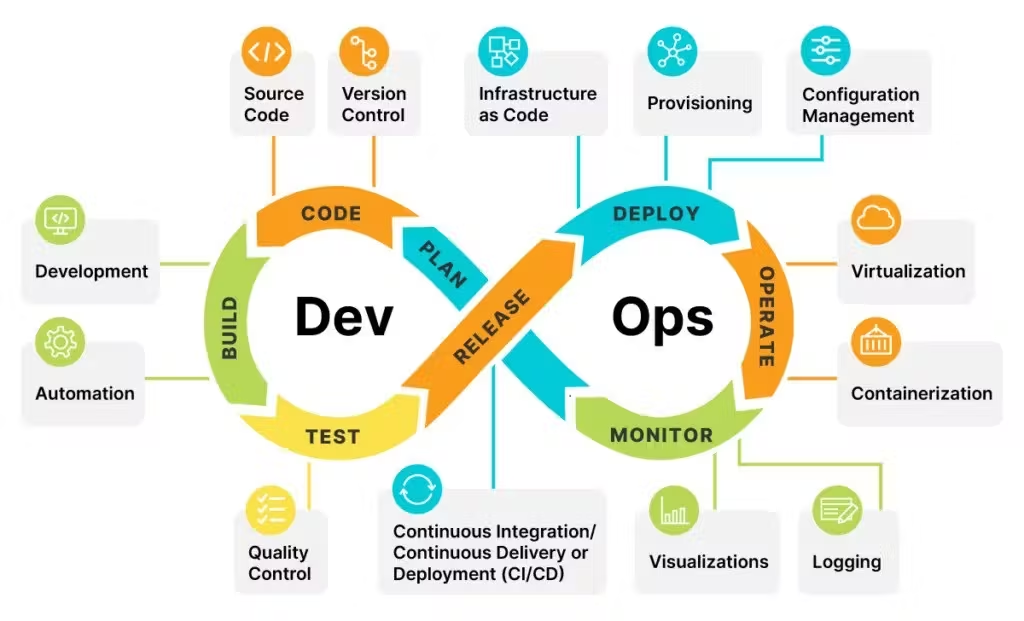DevOps Culture: Building High-Performing Development Teams
Learn how to foster a DevOps culture that promotes collaboration, continuous improvement, and faster delivery cycles.

Beyond Tools and Processes
DevOps is more than just tools and processes—it's a cultural shift that can transform how your team delivers software. This guide explores how to build and maintain a high-performing DevOps culture.
Core DevOps Principles
1. Collaboration Over Silos
Break down barriers between development, operations, and other teams to foster shared responsibility.
2. Automation First
Automate repetitive tasks to reduce errors and free up time for higher-value activities.
3. Continuous Improvement
Embrace a mindset of constant learning and optimization based on feedback and metrics.
4. Fail Fast, Learn Faster
Create an environment where controlled failures lead to rapid learning and improvement.
Building DevOps Culture
Leadership Support
DevOps transformation requires strong leadership commitment and clear communication of goals and benefits.
Cross-Functional Teams
Form teams with diverse skills including development, operations, testing, and security expertise.
Shared Metrics and Goals
Align teams around common objectives like deployment frequency, lead time, and system reliability.
Essential Practices
Continuous Integration/Continuous Deployment (CI/CD)
Implement automated pipelines that enable frequent, reliable software releases.
Infrastructure as Code
Manage infrastructure through code to ensure consistency and reproducibility.
Monitoring and Observability
Implement comprehensive monitoring to understand system behavior and user experience.
Incident Response
Develop effective incident response processes that focus on learning rather than blame.
Overcoming Common Challenges
Resistance to Change
Address concerns through education, gradual implementation, and demonstrating early wins.
Tool Proliferation
Focus on integration and standardization rather than adopting every new tool.
Skills Gap
Invest in training and hiring to build necessary technical and cultural competencies.
Measuring Success
Key Metrics
- Deployment frequency
- Lead time for changes
- Mean time to recovery
- Change failure rate
- Team satisfaction and retention
Sustaining DevOps Culture
Continuous Learning
Encourage experimentation, conference attendance, and knowledge sharing sessions.
Regular Retrospectives
Conduct regular team retrospectives to identify improvement opportunities.
Recognition and Rewards
Recognize and reward behaviors that align with DevOps principles and values.
Conclusion
Building a DevOps culture is a journey that requires commitment, patience, and continuous effort. Focus on people and culture first, then implement supporting tools and processes. The result will be higher-performing teams that deliver better software faster.